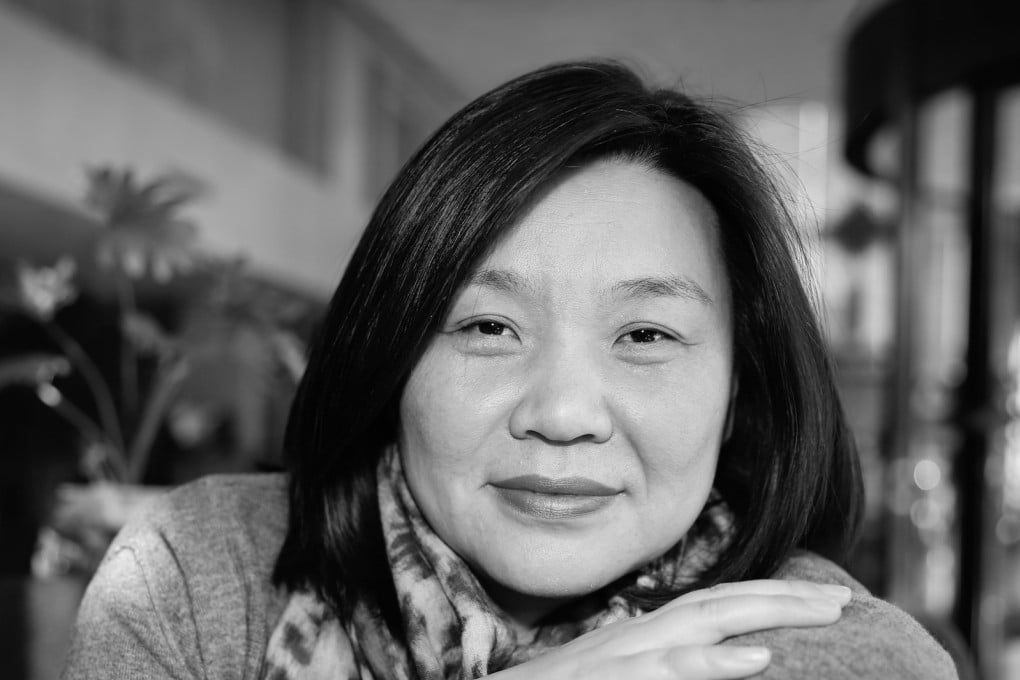Review | Liang Hong’s bestseller on rural Chinese life is a lucid account of those left behind by China’s modernisation
- First published in 2010, China in One Village became an unlikely bestseller that pioneered a trend of popular non-fiction exploring identity and place in China
- The book’s stories are worth far more than the statistics usually invoked in accounts of the profound change that has swept China

China in One Village: The Story of One Town and the Changing World by Liang Hong. Verso
Over the past 40 years, China has urbanised at a faster rate than any country in history. By 2035, the government estimates that 70 per cent of the country’s population – around a billion people – will be living in cities. Astonishing, if uneven, economic growth has attended China’s reinvention, but in the decades since the process of reform and opening began, in 1978, the Communist Party has largely failed to address an inconvenient question: if most of China’s people are moving to cities, what happens to those left behind?
Liang Hong’s China in One Village explores this dilemma through the story of her own home village, in landlocked and traditionally agricultural Henan province. First published in China in 2010, it became an unlikely bestseller, won a number of national prizes and pioneered a trend of popular non-fiction exploring identity and place in China.
China in One Village fuses modes of first-person narration. Despite its sociological bent, the book is structured around the author’s personal experience of a homecoming: her return to Liang village after many years studying and working in Beijing. The contrast is acute: when she arrives at the railway station with her young son, he points to the muddy, rubbish-covered platform – and declares he does not want to get off.

Interspersed between these sections of authorial experience are the transcribed stories of those Liang interviewed during her stay at home. These range from those of her own father, who reveals the terrible persecution he experienced during the Cultural Revolution, to the local party secretary, a seemingly well-intentioned official who nevertheless concludes his account with the fatalistic observation that “in the end the problem is simply that our country is too big, there’s too much countryside. It can’t be helped.”
What elevates the book into the realm of literature is Liang’s lyrical prose, full of pathos. In her account, the profound physical changes to the fabric of the village over the years since her childhood become resonant metaphors for the loss of a viable, sustainable way of life.